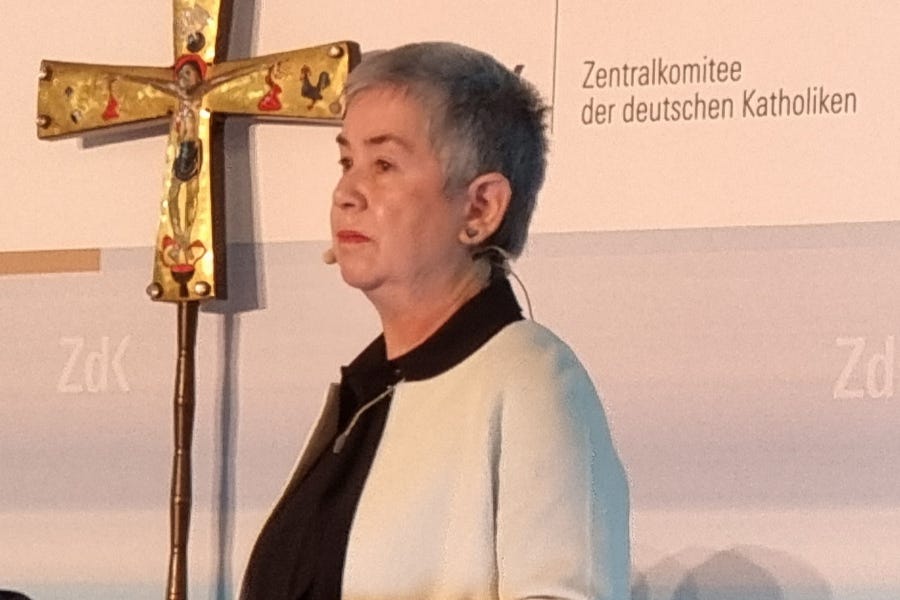Pressure grows on German bishops over ‘synodal way’ co-president’s abortion stance
News: Germany

Pressure is growing on Germany’s bishops to cut ties with the co-president of the country’s controversial “synodal way” after she called for the nationwide provision of abortion.
On Monday, the Catholic group Maria 1.0 criticized a r…
